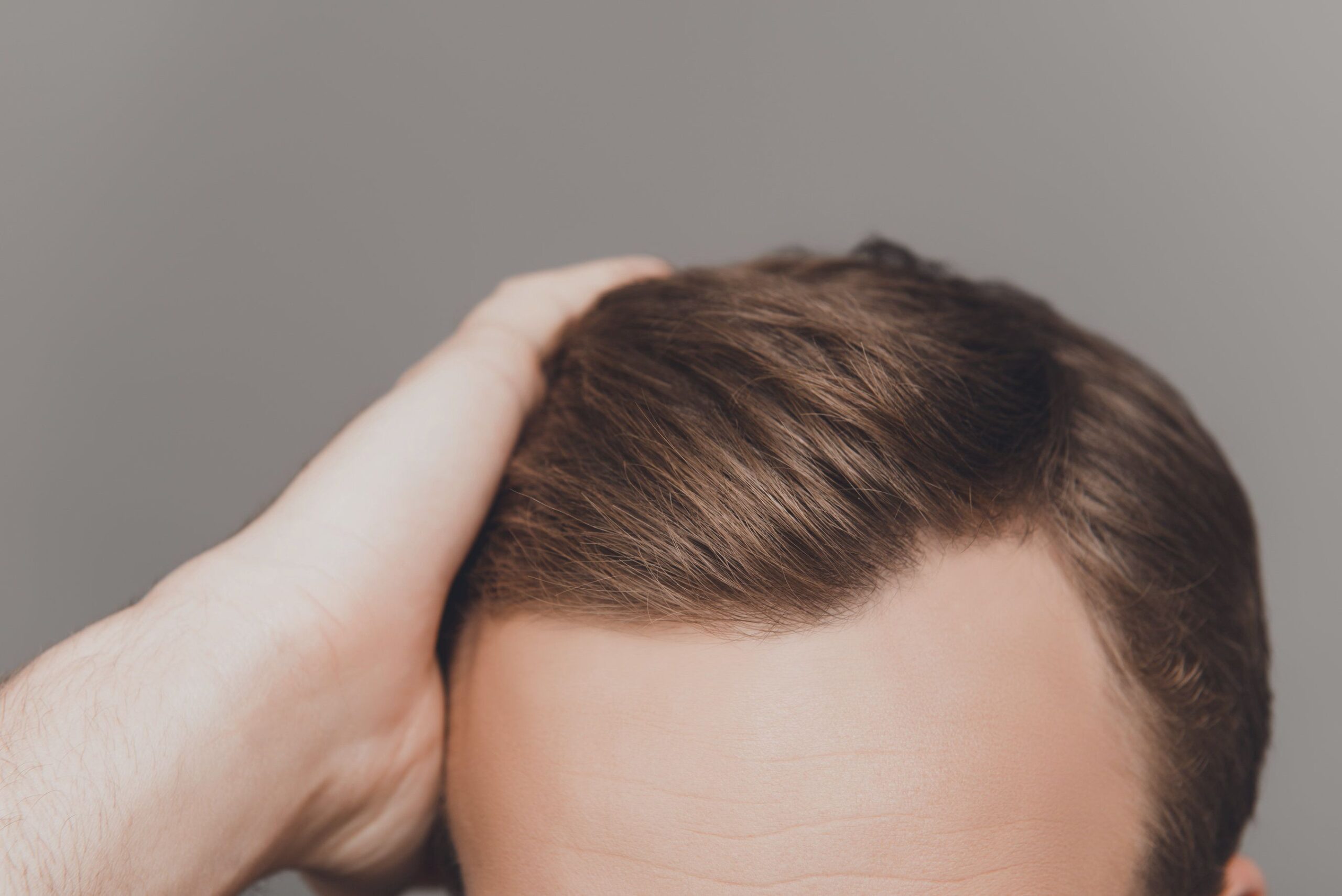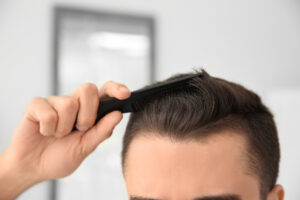
Hair Transplant in Dubai: A Comprehensive Guide
Dubai has emerged as a global hub for advanced medical procedures, including hair transplants. Combining state-of-the-art technology, skilled professionals, and luxurious facilities, the city offers a premier destination for those seeking hair restoration solutions. Whether you are considering a hair transplant for aesthetic reasons or to address hair loss caused by medical conditions, Dubai’s reputation in this field is unparalleled. Here is an in-depth exploration of the hair transplant process in Dubai, including what to expect, the available techniques, and key considerations.
Why Dubai for Hair Transplants?
Dubai has become a leading destination for medical tourism, and its appeal lies in several factors:
- World-Class Medical Facilities: Dubai is home to cutting-edge clinics equipped with the latest technology, ensuring safe and effective hair transplant procedures.
- Highly Skilled Professionals: The city boasts a pool of experienced and internationally trained specialists who adhere to global standards.
- Cultural Acceptance: Hair restoration procedures are widely accepted in Dubai’s multicultural environment, making it a welcoming place for people from various backgrounds.
- Privacy and Discretion: Many clinics in Dubai cater to high-profile clients, offering private and discreet services.
- Convenient Travel: Dubai’s strategic location makes it accessible to patients from Europe, Asia, and the Middle East.
Understanding Hair Transplants
A hair transplant is a minimally invasive surgical procedure designed to restore hair by transferring follicles from one part of the body (the donor area) to another (the recipient area). It is primarily used to treat hair loss caused by genetics, aging, hormonal changes, or medical conditions like alopecia.
Common Causes of Hair Loss
Before undergoing a hair transplant, it’s important to understand the causes of hair loss, which may include:
- Genetic Predisposition: Conditions like male-pattern and female-pattern baldness.
- Stress: Physical or emotional stress can lead to temporary hair loss.
- Nutritional Deficiencies: Lack of essential vitamins and minerals can impact hair health.
- Medical Conditions: Thyroid disorders, autoimmune diseases, or hormonal imbalances.
Types of Hair Transplant Techniques in Dubai
Dubai clinics offer various hair transplant techniques to cater to individual needs:
1. Follicular Unit Transplantation (FUT)
Also known as the strip method, FUT involves removing a thin strip of scalp from the donor area, typically the back of the head. The strip is divided into individual follicular units, which are then implanted into the recipient area.
- Advantages: Suitable for covering large areas of baldness; cost-effective.
- Drawbacks: Visible scarring and longer recovery time.
2. Follicular Unit Extraction (FUE)
In FUE, individual hair follicles are harvested directly from the donor area and implanted into the recipient area. This technique is less invasive and leaves minimal scarring.
- Advantages: Faster recovery, minimal scarring, and natural results.
- Drawbacks: Time-consuming and may be more expensive than FUT.
3. Direct Hair Implantation (DHI)
DHI is an advanced version of FUE, where hair follicles are extracted and implanted using a specialized tool. This ensures precise placement and direction.
- Advantages: Maximum control over the angle and depth of implantation; no need for incisions.
- Drawbacks: Requires highly skilled professionals and may take longer.
4. Robotic Hair Transplantation
This cutting-edge method uses robotic systems to assist in follicle extraction and placement, ensuring high precision and efficiency.
- Advantages: Consistent results and reduced risk of human error.
- Drawbacks: Limited availability and higher costs.

The Hair Transplant Process
The journey to a successful hair transplant in Dubai involves several steps:
1. Consultation
An initial consultation with a hair transplant specialist is essential to determine your suitability for the procedure. The specialist will assess your hair loss pattern, scalp condition, and medical history.
2. Pre-Procedure Preparation
Once deemed suitable, you’ll receive guidelines to prepare for the surgery. These may include:
- Avoiding blood-thinning medications.
- Quitting smoking and alcohol consumption.
- Ensuring the scalp is clean and free of infections.
3. The Procedure
Hair transplant surgeries typically take 4-8 hours, depending on the complexity and number of grafts required. Local anesthesia is administered to minimize discomfort.
4. Post-Procedure Care
After the surgery, you’ll receive detailed aftercare instructions to ensure proper healing and optimal results. These may include:
- Avoiding direct sun exposure.
- Refraining from strenuous activities for a few weeks.
- Using prescribed shampoos and medications to support recovery.
Recovery and Results
The recovery period varies depending on the technique used. Most patients can resume normal activities within a week, although full results may take 6-12 months to become visible. During this time, it’s normal to experience shedding of transplanted hair, followed by regrowth.
Advantages of Hair Transplants in Dubai
- Natural Results: Advanced techniques ensure natural-looking hairlines and density.
- Long-Term Solution: Transplanted hair is typically resistant to the effects of hair loss.
- Customizable Treatments: Clinics offer personalized solutions based on individual needs.
- Comprehensive Services: Many clinics provide additional treatments like PRP (Platelet-Rich Plasma) therapy to enhance results.
Key Considerations
Before opting for a hair transplant in Dubai, consider the following:
- Eligibility: Not everyone is a suitable candidate for a hair transplant. Those with insufficient donor hair or certain medical conditions may not qualify.
- Realistic Expectations: While hair transplants can significantly improve appearance, they cannot restore the hair density of youth.
- Post-Procedure Commitment: Following aftercare instructions is crucial for achieving desired results.
- Lifestyle Factors: Maintaining a healthy lifestyle can enhance and sustain the outcomes.
Combining Hair Transplants with Other Treatments
Many clinics in Dubai offer complementary treatments to optimize hair transplant results, such as:
- PRP Therapy: Stimulates hair growth by injecting platelet-rich plasma into the scalp.
- Scalp Micropigmentation: A non-surgical procedure that creates the illusion of fuller hair.
- Hair Loss Medications: Minoxidil and finasteride may be prescribed to prevent further hair loss.
The Role of Advanced Technology
Dubai’s clinics are equipped with state-of-the-art technology, ensuring precision and efficiency in hair restoration procedures. From robotic assistance to advanced imaging systems, these innovations contribute to superior outcomes.
Cultural and Personal Considerations
Hair is deeply tied to self-esteem and cultural identity. In Dubai, where aesthetics play a significant role in personal and professional lives, hair transplants are a valued solution for those seeking to enhance their appearance.
Preparing for Your Journey
For international patients, planning a hair transplant in Dubai involves logistical considerations:
- Medical Visa: Ensure you have the appropriate visa for medical treatment.
- Accommodation: Many clinics offer packages that include lodging and transportation.
- Post-Treatment Care: Allocate time for follow-up appointments and recovery.
Conclusion
Hair transplantation in Dubai is a transformative experience that combines medical expertise with luxury and comfort. With advanced techniques, personalized care, and a focus on natural results, Dubai continues to attract individuals from around the globe seeking effective solutions for hair loss. Whether you are a local resident or an international patient, Dubai offers a comprehensive and rewarding path to hair restoration.

